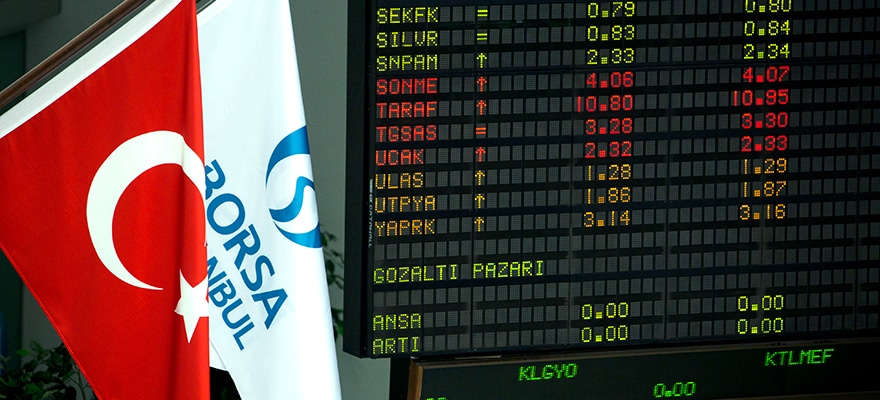Living on the edge
My weekend reading, , is a masterpiece of journalism which reads like a thriller. It tells the story of the biggest ever insider trading scheme with abundant information and an eye for detail.
On July 29, 2008, Elan and Wyeth announced mixed results of bapineuzumab, an experimental drug for Alzheimers. This was a watershed moment for investors, and in particular for Steven A. Cohen, whose SAC hedge fund had placed a $750 million bet on the companies providing the drug.
But by the time the announcement flashed on traders’ screens, SAC had miraculously dumped and shorted its shares, pocketing $275 million.
The New Yorker’s Patrick Radden Keefe reconstructs the events leading up to these epic trades, and their grave consequences for all people involved (except for Cohen himself).
I was captivated by the powerful story; gripping conflicts, love and loss, human weaknesses, individuals forced to take risks with huge stakes – all the elements of a compelling drama are there.
But it’s also evoking broader questions about the nature of institutional trading and where one draws the line between legitimate BI and illegal tips. Matthew Marthoma, the portfolio manager who orchestrated the deals, was surely unscrupulous, but he had an eco-system to rely on.
The trades were made on the sly by using dark pools, so even Marthoma’s close colleague was unaware of them. Furthermore, he met his inside contact as part of an organized matchmaking between doctors and investors. “It was kind of ridiculous that the hedge-fund business got so much information by asking for favors . . . when it would certainly pay,” as Mark Gershon, the chief executive of the Gerson Lehrman Group, the company arranging these meetings, had it.
Playing by the rules
Everybody loves a good story, especially when it centers on a trading scam or event, however what about your average Joe trader feeling the crushing specter of regulation beating down on him for crimes he did not commit?
I recently came across an interesting LinkedIn post by Patrick Rooney, a Product Marketing Manager at Trading Technologies, called ‘‘, which depicted his revelations over a WSJ report of a trader recently suspended after employing a risky trading strategy.
Listen, if you give a mouse a cookie, it’s supposed to ask for a glass of milk, so why is it unreasonable for trading experts and specialists to try and blur the lines of risk management? I find it interesting that proper trading and risk management habits remain a focal point for the financial industry after a laundry list of recent trading upheavals, scams, etc. Why? Because most of these phenomena simply fade into myth after a few years (probably one reason why they always repeat themselves with regularity), leaving many to push the envelope or scope out any wiggle room that exists.
Were this the 1990s I do not think that anyone, notwithstanding any leading trader at even the most heavily fined bank in the US, would be chastised or governed by any framework – simply put we live in a different world today, as well as a differently regulatory climate. Is this a problem? It depends who you ask.
Its hard to turn on a TV without hearing about Wall Street corruption, or how regulations are stifling small businesses and brokerages. However, the fact that your run-of-the-mill trader or hedge fund specialist is facing the cold reality of a regulated world is certainly proof of the times.
El-duderino strikes again
Who’s the mysterious investor that’s intimidating traders at Borsa Istanbul? According to a local media report , an elusive trader named “the Dude” after the cult movie hero played by Jeff Bridges in The Big Lebowski, is causing chaos on the Turkish market by placing enormous bets, making the market highly volatile for his own gains.
The Dude’s first day trade totaled $450 million, almost double the market daily average. Since that day, he has moved his business from one brokerage to another until landing, for now, on the lap of Yatirim Finansman.
Reading this story made me think about how the high-tech, fast-paced, worldwide financial community that we write about can still be manipulated by one single, sophisticated individual. While local regulators and frightened traders wonder whether the source of the bets is some robo-trader or human mind, on one thing they all agree: he’s acting very undudelike!
For prrvious weekend reading recommendations:





Be First to Comment